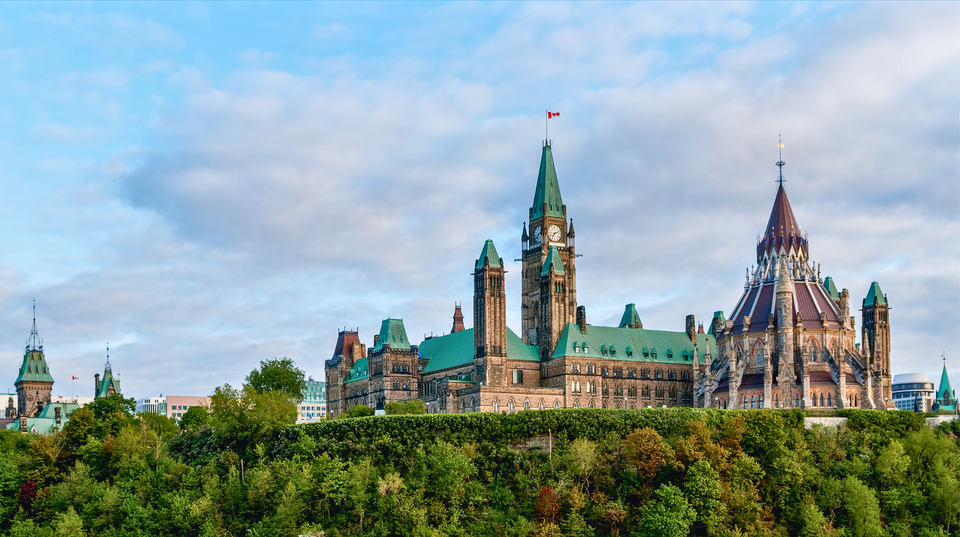Canada's Federal Budget 2023: A Step Forward in Clean Energy Investments and Green Infrastructure

The Canadian Federal Budget for 2023 showcases significant investments in clean energy and green infrastructure, taking a step forward towards the nation's goal of achieving Net Zero Emissions by 2050.
Key Investments
- Clean Power and Green Infrastructure: The budget allocates $10 billion each to the Canada Infrastructure Bank's Clean Power priority area and the Green Infrastructure priority area. These investments aim to enhance electrical capacity, transmission, and promote clean energy sources.
- Smart, Renewables and Electrification Pathways program: The budget renews funding for Natural Resources Canada's program, supporting critical regional priorities and Indigenous-led projects.
- Investment Tax Credit for Clean Electricity: The budget extends this credit to taxable and non-taxable entities, including pension funds. This 15% refundable tax credit will facilitate investments in large-scale clean electricity projects, benefiting various industries and supporting decarbonization.
- Clean Technology Investment Tax Credit for Geothermal Energy Systems: The budget extends the 30% refundable tax credit to include geothermal energy systems, costing an estimated $185 million from 2023 to 2027-28.
- Investment Tax Credit for Carbon Capture, Utilization, and Storage: The budget targets the cement industry with this incentive, prioritizing carbon capture at an estimated cost of $520 million over five years.
- Clean Technology Manufacturing Investment Tax Credit: Confirmed in the budget, this tax credit will cover 30% of the capital cost of eligible property associated with clean technology manufacturing, including air and ground heat pump systems. The credit will be available from January 1, 2024, through 2034.
- Strategic Innovation Fund: The budget tops up the fund to $500 million over ten years, encouraging clean technologies in the manufacturing and natural resources sectors, with potential downstream benefits for high-performance buildings.
Room for Improvement
Despite these substantial investments, the Federal Budget 2023 could further emphasize sustainable buildings' importance in achieving Canada's 2030 Emissions Reduction Plan. A comprehensive Sustainable Buildings Strategy with ambitious milestones, government support, and targeted investments should be considered to unlock the potential of the building sector, particularly Deep Energy Retrofits (DERs), in decarbonization efforts.
The US 2023 clean energy investments, most notably the US$369 billion contained in the landmark legislation passed last year, significantly outpace Canada's efforts. The US Inflation Reduction Act covers operational costs with payments based on production volumes, whereas Canada focuses on construction-focused project support.
In other words, the US Inflation Reduction Act supports clean energy projects by providing financial assistance for operational costs based on production performance, which incentivizes projects to maximize their clean energy output. On the other hand, Canada's approach focuses on the initial establishment of clean energy facilities rather than their ongoing operations and production. This difference in approach could impact the competitiveness and effectiveness of clean energy initiatives in Canada.
Conclusion
To sum up, the Canadian Federal Budget for 2023 reflects a strong commitment to clean energy and green infrastructure investments. While there is room for improvement, the progress achieved signifies a positive move towards reaching Net Zero Emissions by 2050.



